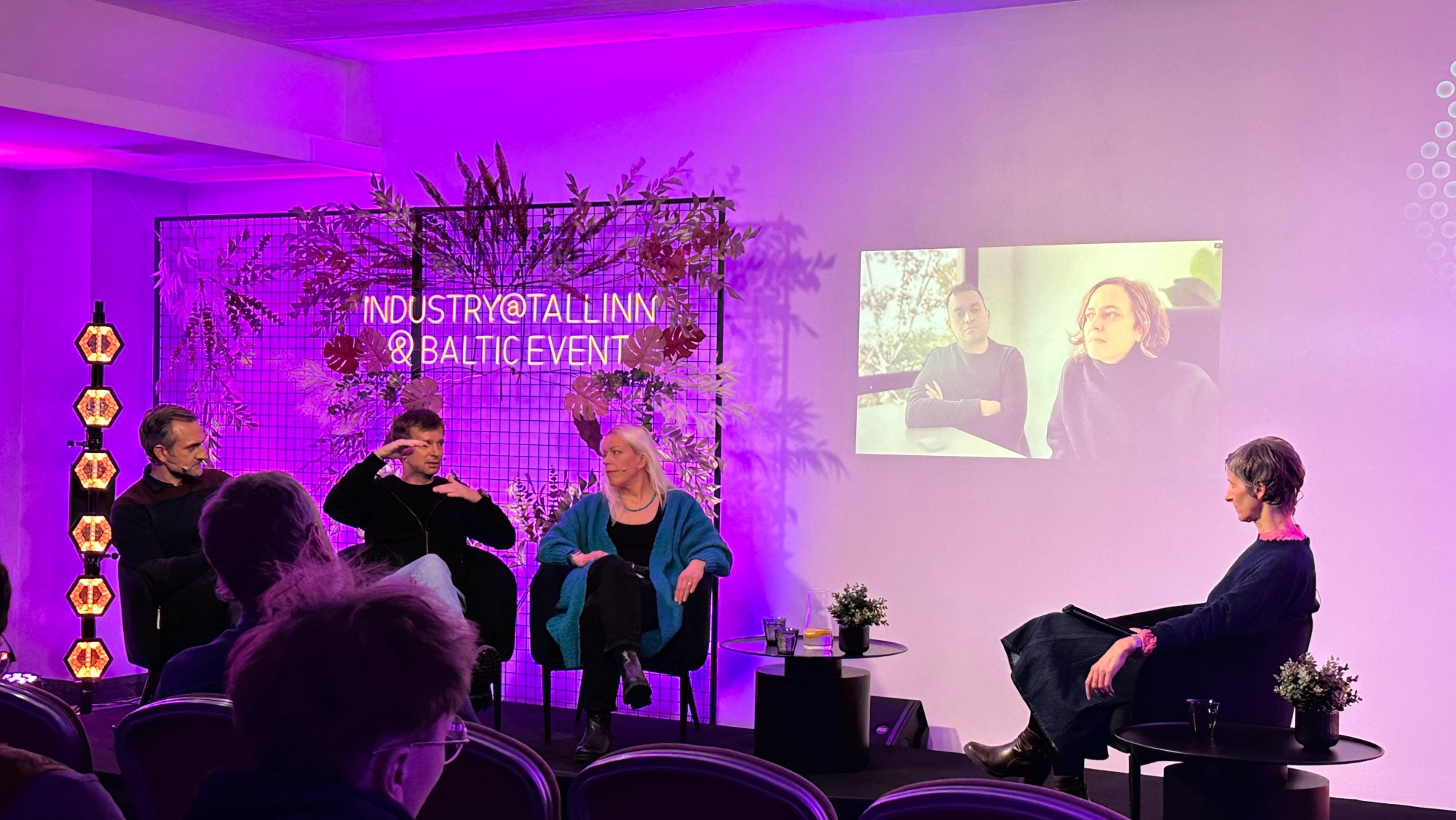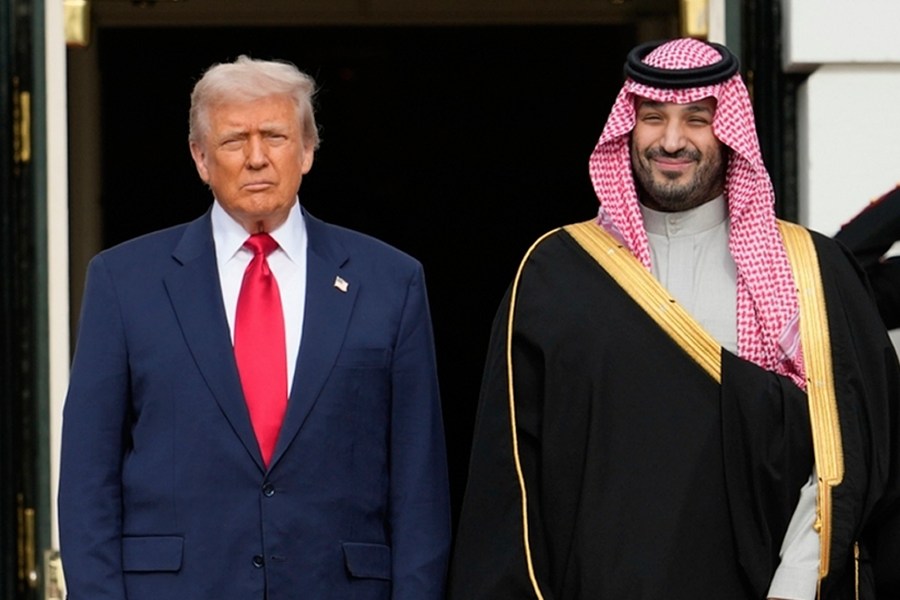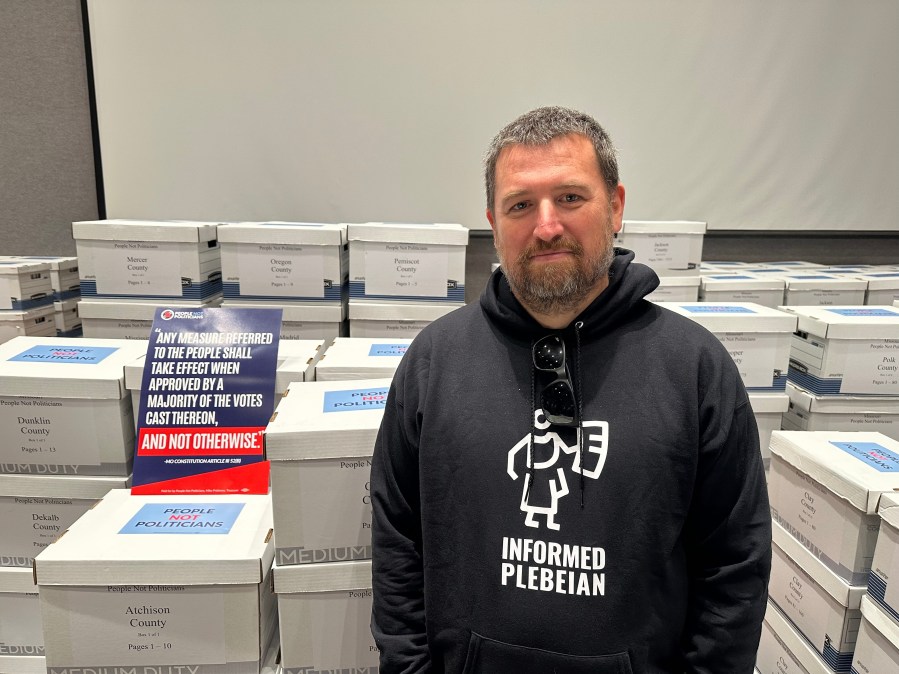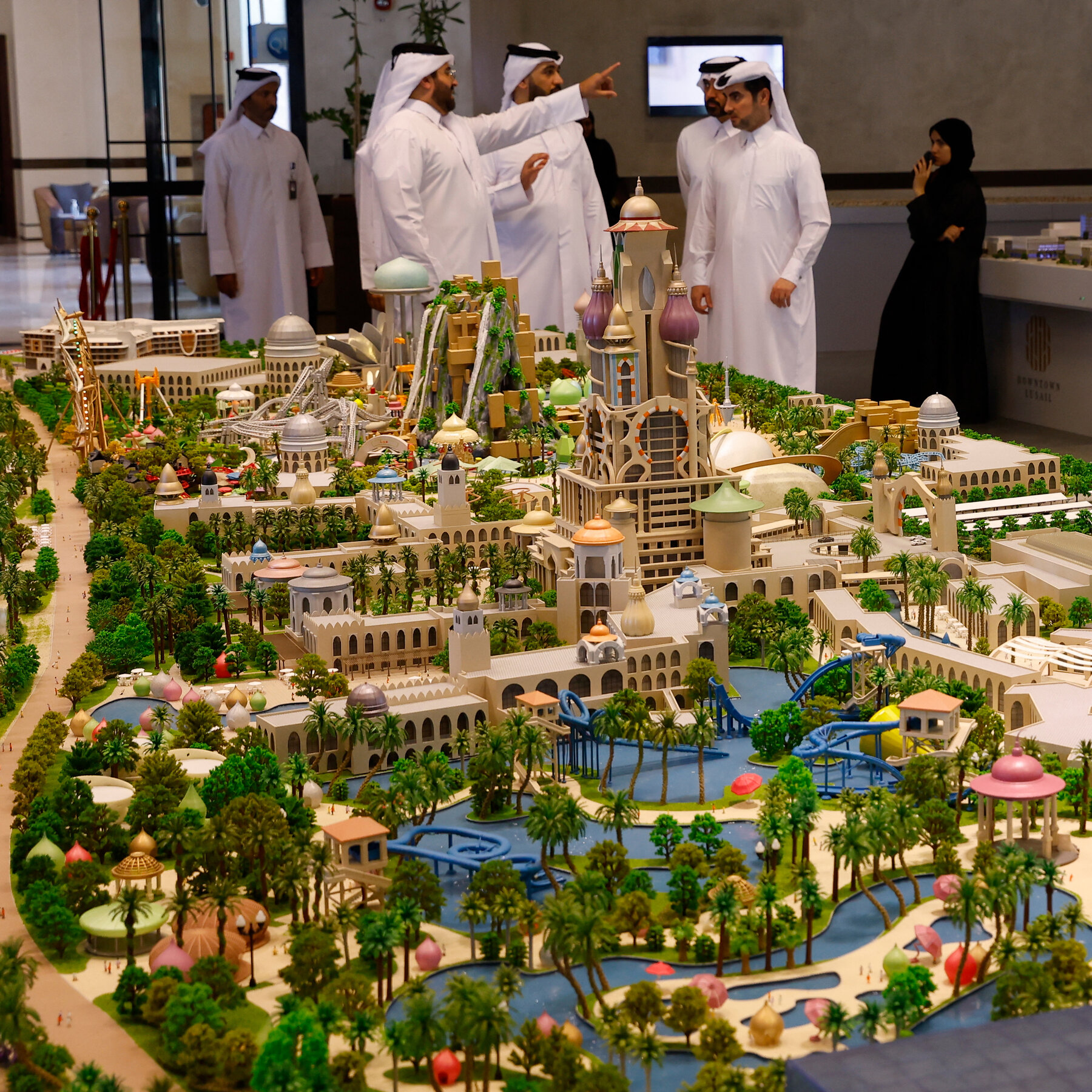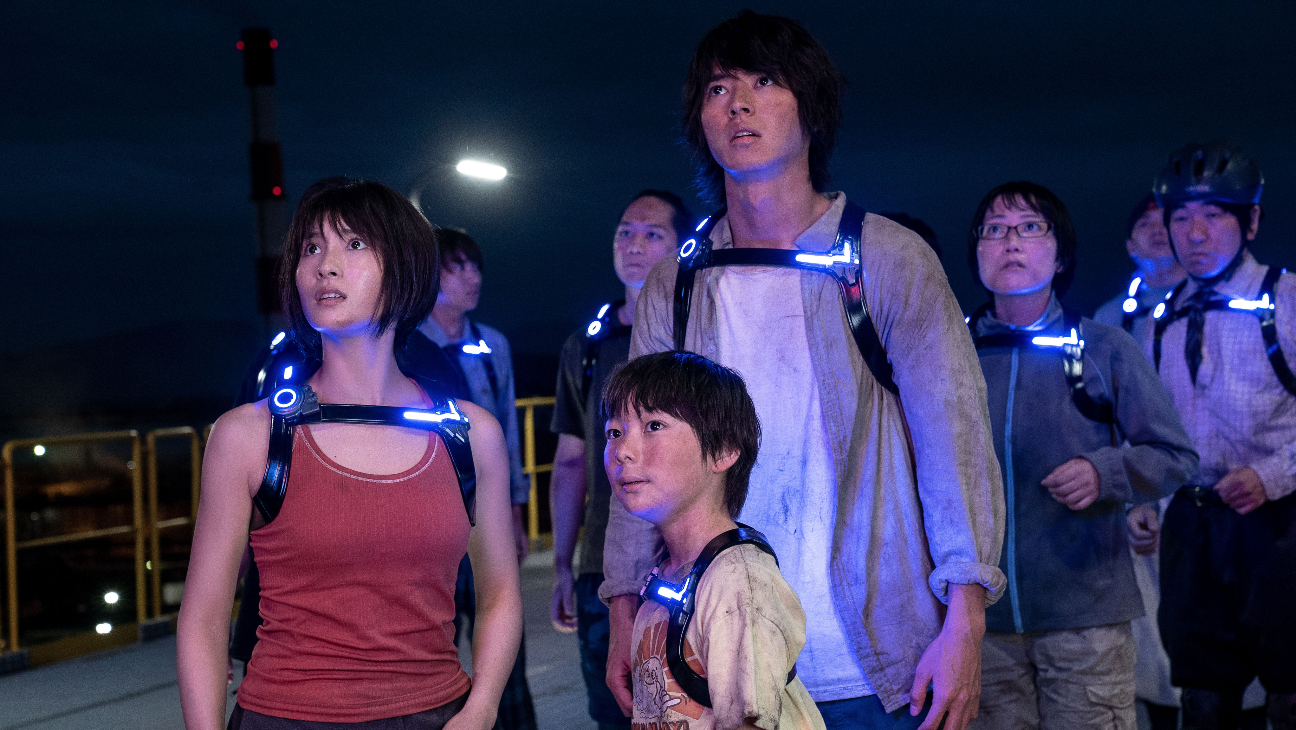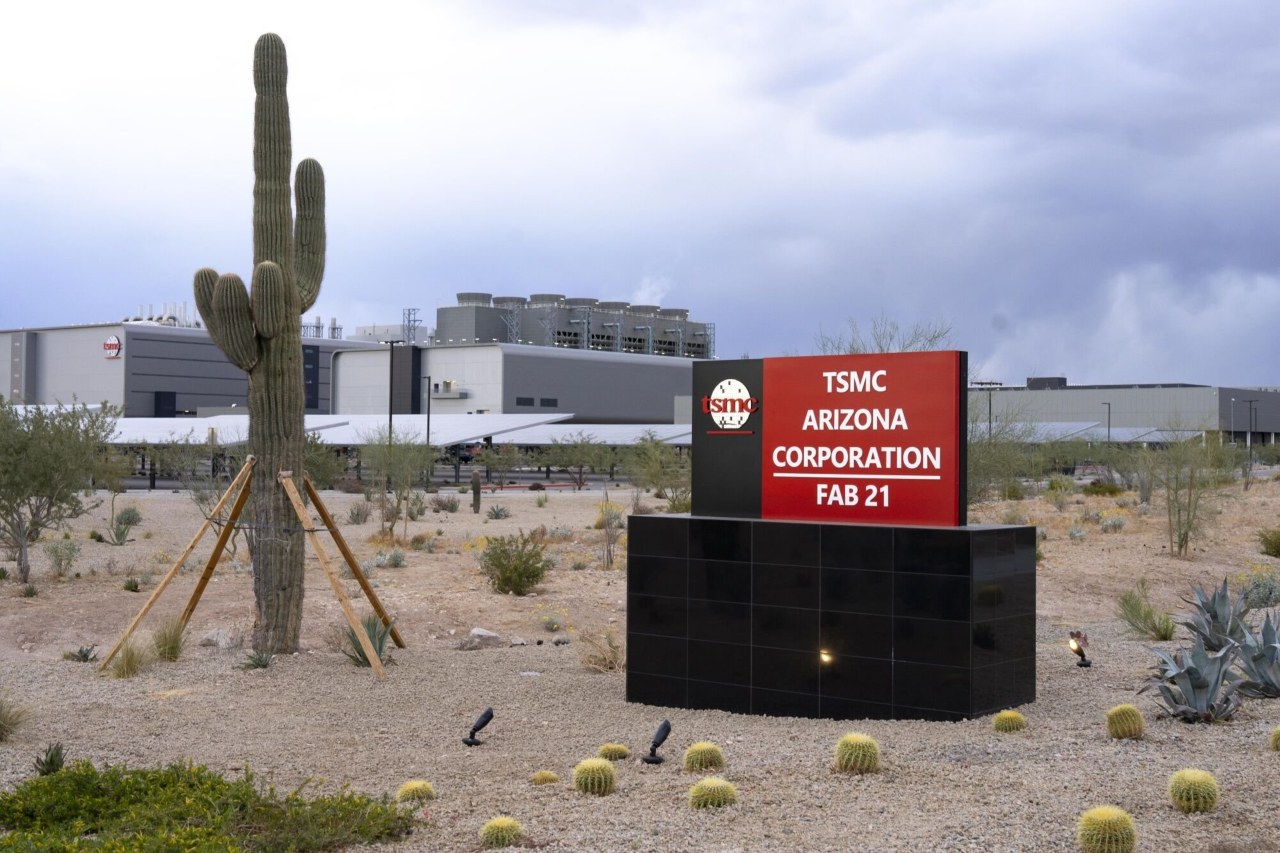The potential of artificial intelligence (AI) in the film industry was the focal point during a panel discussion at the Industry@Tallinn & Baltic Event, part of the Tallinn Black Nights Film Festival on November 29, 2023. The session, titled “Moving Forward With AI: Beyond Constraints. Future Scenarios for European Film Productions & Business,” brought together industry professionals to discuss how AI can drive creativity and improve various production processes while adhering to best practices and regulations.
Panelists included director-producer Matt Szymanowski, who is currently in post-production on his hybrid dystopian feature film, Captive Mind, and is directing the documentary A Human Future on the global AI boom. Joining him were AI expert and script consultant Maciej Zemojcin, along with screenwriter Katri Manninen. The session was moderated by Kristen Davis, former IT and innovation director at the New York Times International.
Davis emphasized the need for the film industry to undergo “significant” changes in skillsets and processes to fully realize the benefits of AI. Manninen shared her experiences in developing drama series using AI, stating, “I use AI for everything but writing so I can focus on storytelling — and rise above the generic.” She explained that while AI-generated content often feels simplistic, she finds value in using AI for note-taking, scene lists, and preliminary research, though she cautioned that it is crucial to fact-check AI-generated information.
Szymanowski drew parallels between the current shifts in the film industry and historical transitions, such as the advent of sound in films and the introduction of computer-generated imagery (CGI). He advocated for hands-on engagement with AI tools to understand their implications better, noting that AI can lead to significant cost savings and efficiency improvements. He projected that AI could reduce post-production timelines by 25-40 percent and decrease team sizes by 40-60 percent, translating to potential savings of $120,000-$300,000 for a full-length film.
The discussion also addressed concerns regarding the impact of AI on traditional filmmaking processes. Executives from Artefacto Studio, who participated via video conference from Barcelona, highlighted a paradigm shift where the linear production process becomes more iterative and continuous. They noted how AI tools can enhance the development phase, allowing for real-time iteration during production.
Zemojcin, known as “the film AI guy,” urged attendees to embrace the changes brought about by AI, stating, “If you are not ready for this shift, this will not shift for you.” He emphasized the importance of emotional connection with audiences, arguing that authenticity will remain a vital aspect of storytelling in the age of AI. During the session, he introduced an AI agent that utilized the voice of Charlie Chaplin to share insights on best practices and potential risks associated with AI in filmmaking.
The AI agent conveyed a message regarding the future of cinema, asserting that the industry would survive if it prioritizes transparency, consent, and fair compensation for all human contributors. Zemojcin concluded, “The real question is not what the future of film will be, but what you here in this room are willing to refuse and what you are stubborn enough to protect.”
The insights shared at the Tallinn event underscore the evolving landscape of the film industry as it navigates the integration of AI technologies. As filmmakers explore the opportunities and challenges presented by AI, the discussions at such events will likely play a crucial role in shaping the future of storytelling.

